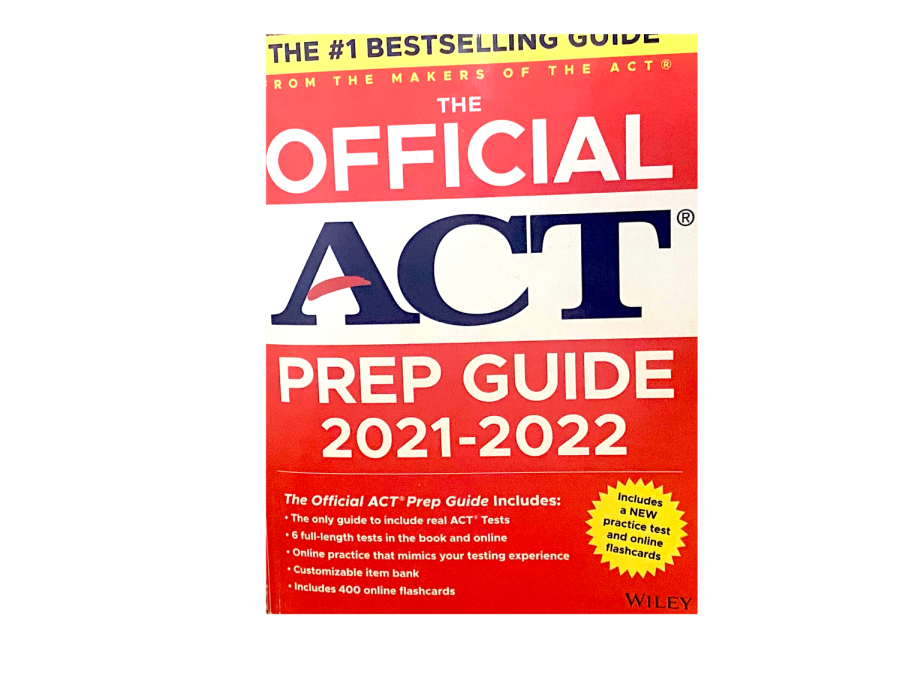Are standardized tests a thing of the past?
The ACT and SAT, previously essential to get into college, have now become optional for the vast majority of universities in the United States. According to Forbes, more than 80% of four-year colleges won’t require the submission of a standardized test for fall 2023 admissions.
Standardized tests have long been chastised for fostering inequality. Test preparation, including resources and tutoring, is not available to everyone. While the COVID-19 pandemic hastened the transition to test-optional admissions policies, several colleges had already gone test-optional previous to COVID-19. Although accessibility was a factor in many of these judgments, indicators of future college performance such as GPA, graduation rate and beyond-college success played a larger influence on the switch to the test-optional policy.
Bates College, a college that went test-optional in 1984, released a twenty-year-long study determining whether standardized tests are indications of future college success. The data revealed that non-submitters graduated at a slightly higher rate than standardized test submitters. Despite the fact that non-submitters’ SAT scores were 160 points lower than submitters’ scores at Bates, these test performance disparities did not link to significant differences in widely used indicators of college accomplishment, and beyond college success.
Following Bates, universities such as New York University, the University of Chicago, Harvard, Princeton, and about 1,830 other universities in the United States have moved to a test-optional policy.
President of the University of California, Richard Atkinson, decided to drop the requirement of the ACT and SAT. “[Standardized testing] is vague in what it measures,” Atkinson said. He added that he likes exams that assess success, or what is learned in the classroom over those that attempt to assess intrinsic talent or aptitude. “Too many students believe this test is measuring something fundamental, and when they don’t score that well they feel they can never succeed in life and they’re branded as basically inferior,” Atkinson said. With more colleges going test-optional, he hopes that instead of using narrowly defined quantitative formulas to look at applicants, universities will use methods that examine candidates in a complete, holistic manner.
Natalie Dumas ‘24 feels as though a standardized test is not an accurate representation of her intelligence. “As someone with dyslexia, standardized tests are always really frustrating because I can’t reflect my learning that way,” said Dumas. “If I don’t do super well, I probably won’t submit my score just because it’s not going to really do anything for me. I feel that especially now with colleges being test-optional, it’s only super high scores that get considered.”
“You could just be a bad test taker, but that doesn’t mean you’re not smart,” said Noa Marks ‘23. She also expressed concern about not submitting a score. “If someone had my exact grades and my exact essay strength but had a really good standardized test score, then that would probably put them over the top for me. But there’s not much I can do about that, and I still think I made the right decision not to take a test.”
Despite the difficulties and expenses of taking the tests, the test-optional policy has taken some of the stress off of the application process. “I definitely considered not taking [the ACT], and I think colleges being test-optional took the pressure off a bit in the sense that I did not have to submit [a score],” said Alex Thaler ‘23.
“[Not taking a test] gave me a lot more time to work on my essays and work on my schoolwork to keep my grades up, as well as improving other aspects of my application,” said Marks.
In spite of this, many colleges still require a standardized test score to be submitted. The Massachusetts Institute of Technology (MIT) decided to reinstate its test-required policy after the COVID-19 pandemic. “One thing [we] look at is what we need to predict student success at MIT. We want to be confident an applicant has the academic preparation and noncognitive skills, like resilience, conscientiousness, time-management, and so on, to do well in our challenging, fast-paced academic environment,” said Stuart Schmill, Dean of Admissions and Student Financial Services at MIT. Other colleges such as Georgetown, the University of Florida, and the University of Georgia also continue to require the submission of a test score.
With more colleges adopting test-optional policies, students may now be able to creatively explore different ways to approach their applications – including ways that may better highlight their strengths, be it taking a test or not. “If I were to give advice to anyone it would be to do what feels right for you,” said Marks. “It will be okay. You’ll go to the college that works for you.”


